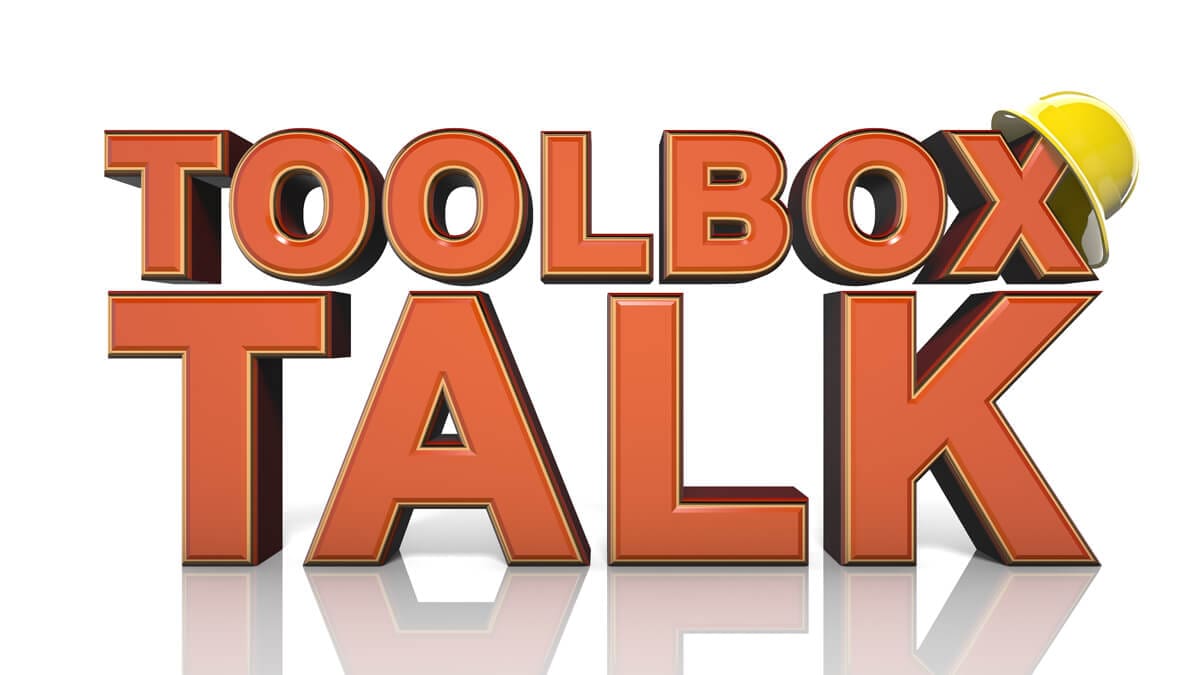
Coronavirus – Toolbox Talk
 This Coronavirus Toolbox Talk is from the CITB website – reproduced here for the benefit of SuperSkills website visitors, site supervisors and construction workers in general.
This Coronavirus Toolbox Talk is from the CITB website – reproduced here for the benefit of SuperSkills website visitors, site supervisors and construction workers in general.
This toolbox talk has been updated and you should now Click Here
| Reason | Coronavirus is a highly contagious disease that can have severe effects on people, especially those who are vulnerable. The virus is likely to pass from person to person in communal areas and where it is not possible to maintain safe distances between persons. If a person is infected while working it can be passed on through families and other contacts. You can spread the virus even if you don’t have symptoms. |
| Outline | This talk covers the ways to maintain your health while working on construction sites. |
Getting to work
- Wherever possible travel to site alone, using your own transport (for example, a car or bicycle).
- Avoid public transport.
On site
- Wash your hands when you arrive on site, regularly throughout the day (especially if you sneeze or cough and after eating or handling food) and again when you leave site.
- Always keep at least 2 metres away from other workers. This includes while you are working and during breaks and mealtimes – staggered breaks will help achieve this.
- Stay on site for your breaks. Do not use local shops. Bring your own meals and refillable drinking bottles. Do not share items (for example, cups).
- Only hold meetings that are absolutely necessary. Ideally, these should take place outdoors, with the minimum number of people and those people should be kept at least 2 metres apart.
Close work
Close working should be avoided.
- Non-essential physical work that requires close contact between workers should not be carried out.
- Work requiring skin-to-skin contact should not be carried out.
- All other work should be planned to minimise contact between workers.
- Re-usable PPE should be thoroughly cleaned after use and not shared between workers.
- Single use PPE should be disposed of so that it cannot be reused.
- Stairs should be used in preference to lifts or hoists.
Cleaning
Extra cleaning should be carried out on site, particularly in the following areas.
- Taps and washing facilities.
- Toilet flush and seats.
- Door handles and push plates.
- Handrails on staircases and corridors.
- Lift and hoist controls.
- Machinery and equipment controls.
- Food preparation and eating surfaces.
- Telephone equipment.
- Keyboards, photocopiers and other office equipment.
What to do if you think you are ill
If you develop a high temperature or a persistent cough while at work, you should:
- Report this to your supervisor.
- Avoid touching anything.
- Cough or sneeze into a tissue and put it in a bin or, if you do not have tissues, cough and sneeze into the crook of your elbow.
- Return home immediately.
- You must then follow the guidance on self-isolation and not return to work until your period of self-isolation has been completed.
Self-isolation
If you have any one of the following criteria, do not come to site.
- A high temperature or a new persistent cough – follow the guidance on self-isolation.
- Are a vulnerable person (by virtue of age, underlying health condition, clinical condition or pregnancy).
- Living with someone in self-isolation or with a vulnerable person.
Site policy
Now inform your workers of the site specific policy on coronavirus.
Follow the 2 metre rule at all times.
Further guidance
The Construction Leadership Council has issued site operating procedures aimed at introducing consistent measures on sites of all sizes in line with the Government’s recommendations on social distancing.
Note: this is a rapidly developing situation – please ensure that you follow the latest Government guidance as it is published.